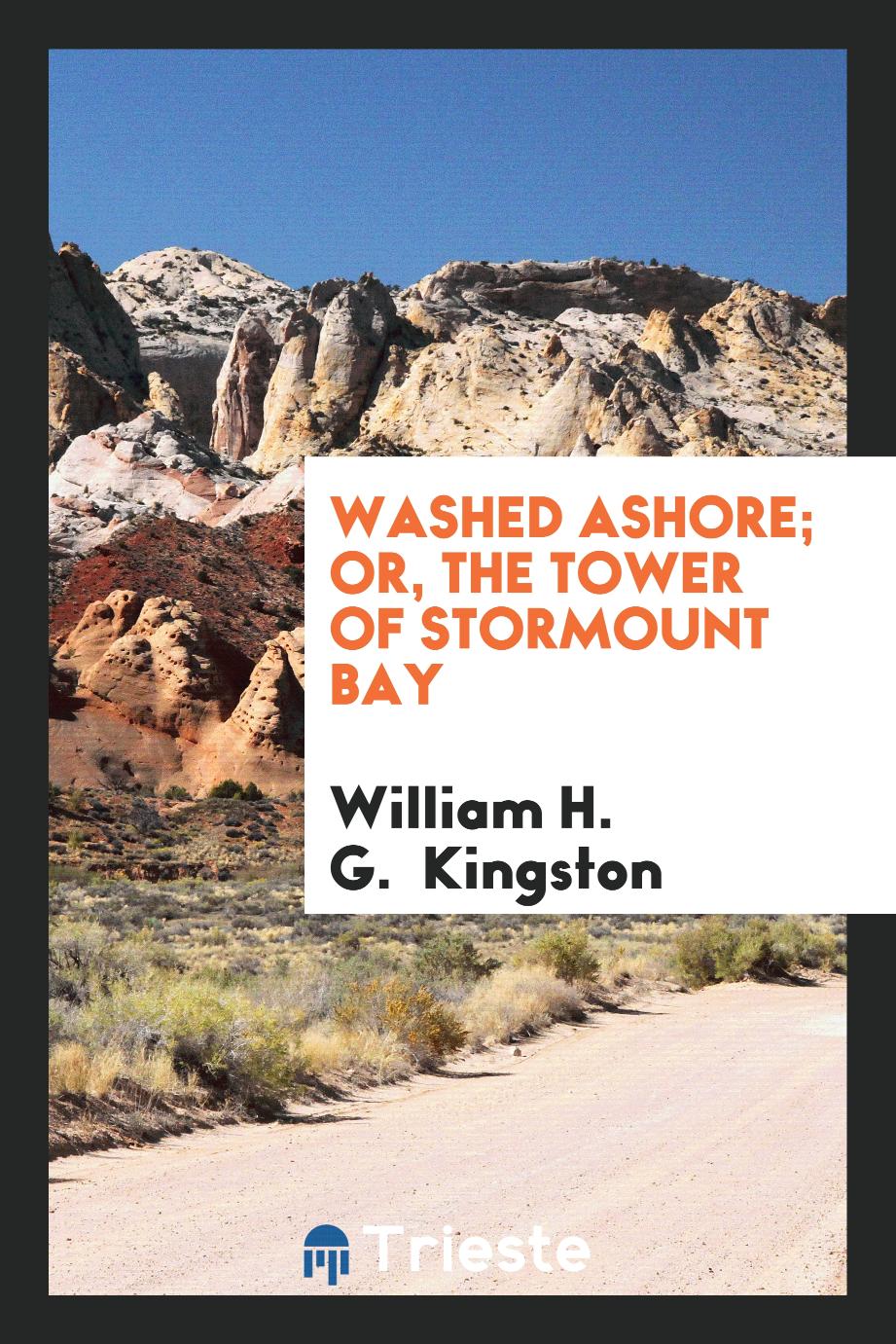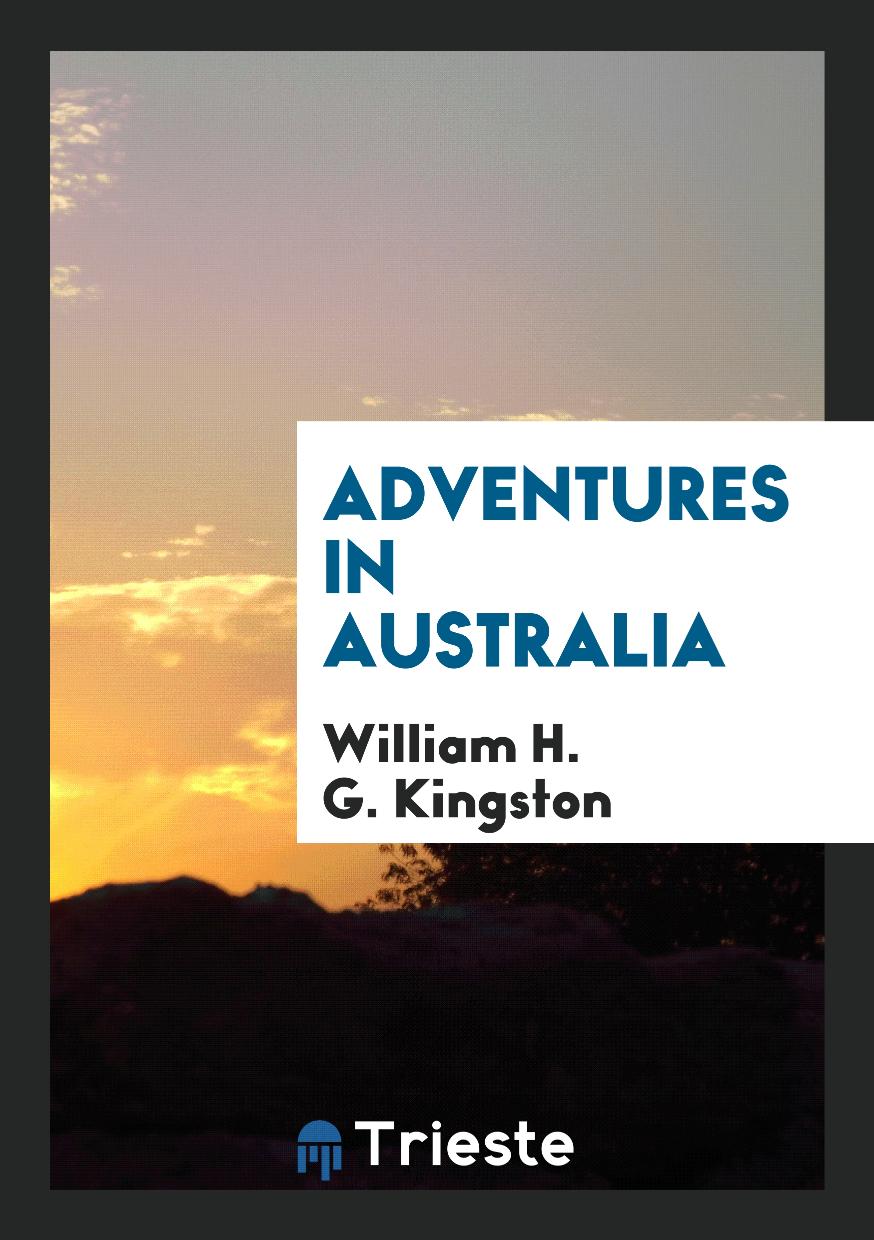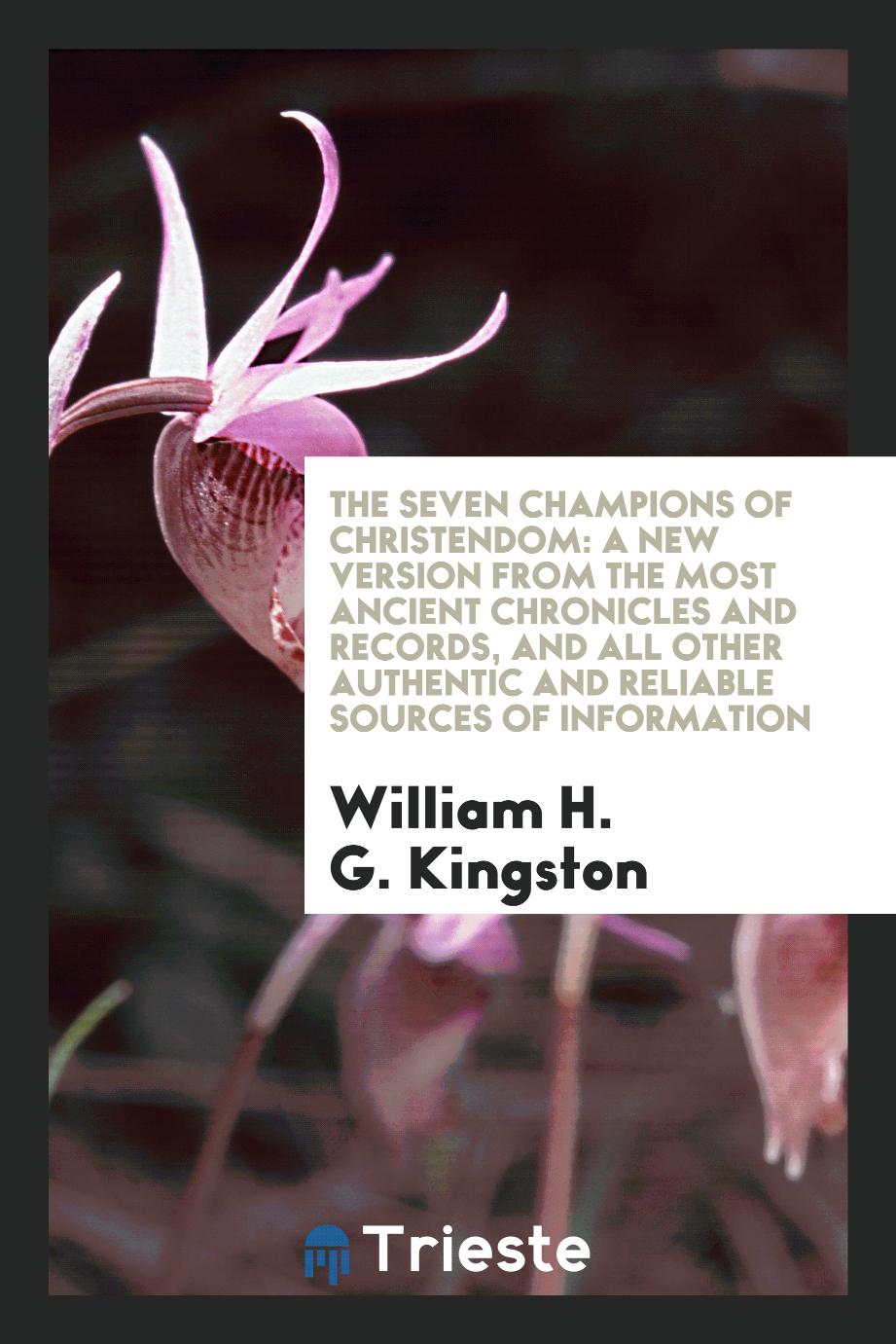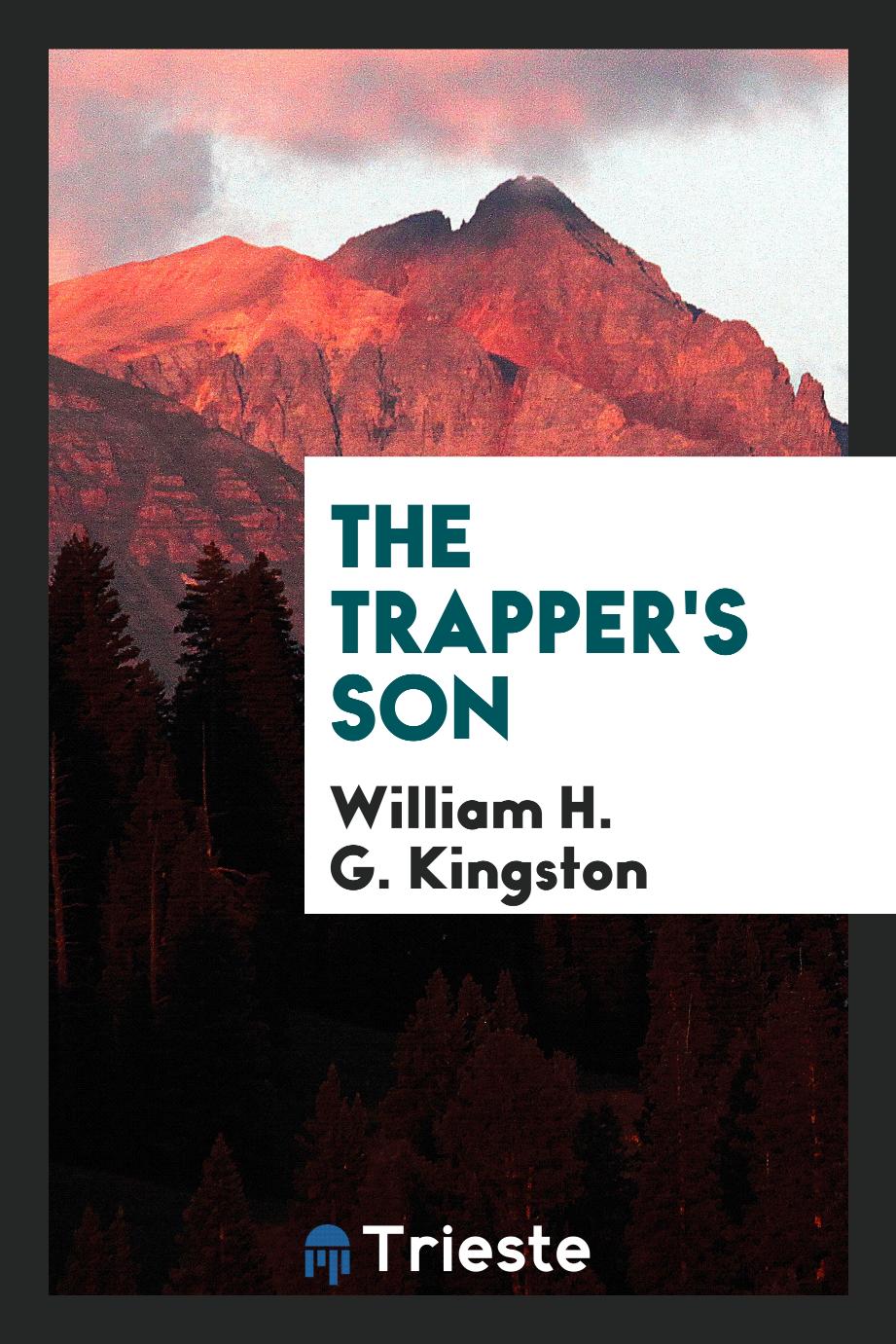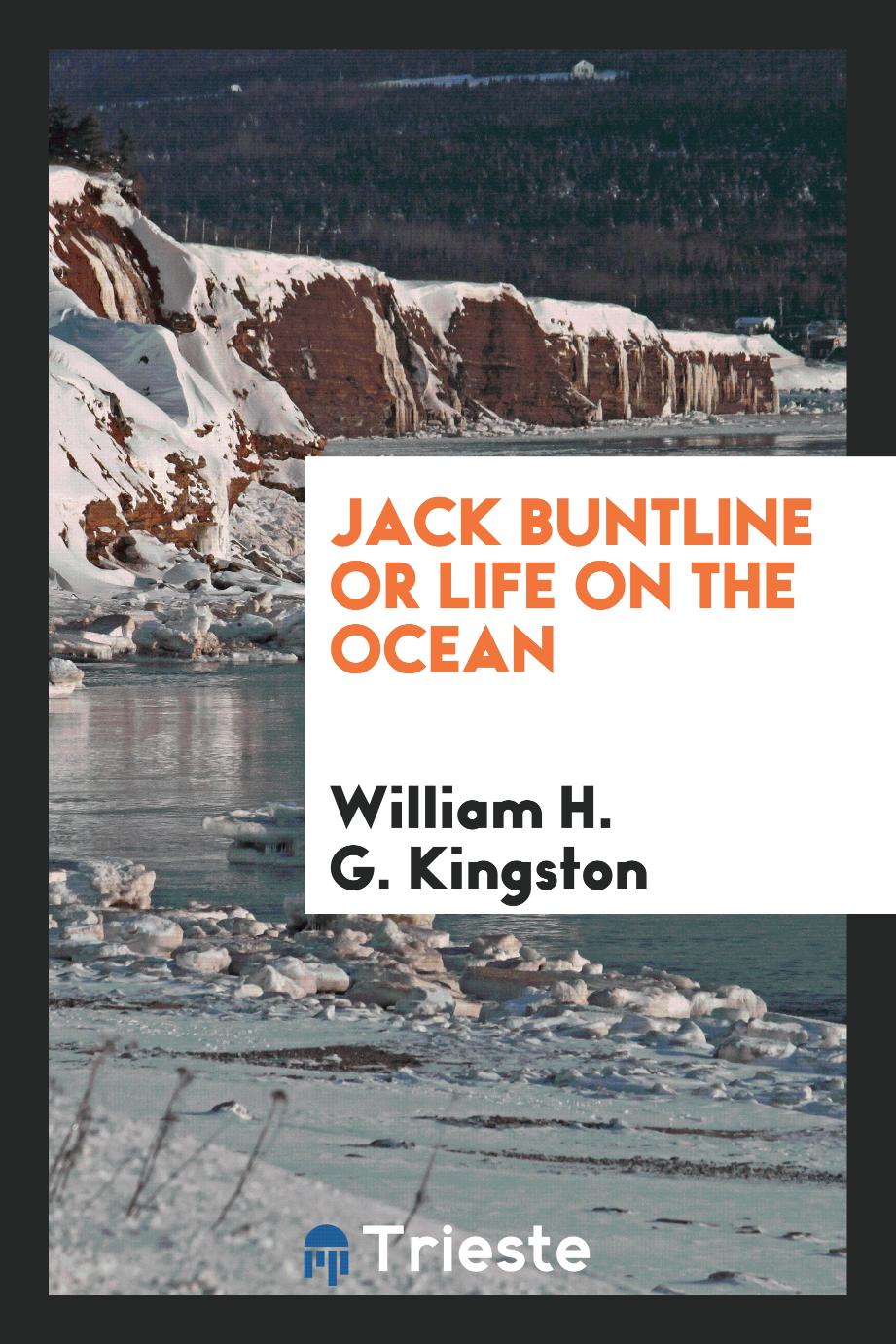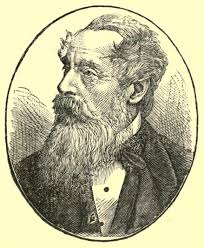
William H. G. Kingston
William Henry Giles Kingston (February 28, 1814 - August 5, 1880), often called W.H. J. Kingston, was the English author of adventure novels for boys. William Henry Giles Kingston was born on Harley Street in London on February 28, 1814. He was the eldest son of Lucy Henry Kingston (d. In 1852) and his wife Francis Sophie Rook (born in 1978), the daughter of Sir Giles Rook, a judge of the general court. Kingston's paternal grandfather John Kingston (1736-1820) was a member of parliament who strongly supported the abolition of the slave trade, despite the fact that he had a plantation in Demerara. His father Lucy went into the wine business in Porto, and Kingston lived there for many years, often traveling in England and developing a lifelong attachment to the sea. He was educated at Trinity College in Cambridge, and then went into his father's wine business, but soon became prone to writing. His newspaper articles about Portugal were translated into Portuguese and helped to conclude a commercial agreement with Portugal in 1842 when he received the Order of Portuguese Chivalry and Pension from Donna Maria da Gloria. His first book was The Leader of the Circassians, a story published in 1844. While living in Porto, he wrote The Prime Minister, a historical novel and Lusitanian Essays, describing travels in Portugal. Having settled in England, he became interested in the emigration movement, edited the journal “Colonist”, “Colonial Journal and East India” in 1844, was the honorary secretary of the colonization society, in 1848 wrote “Some Proposals on the System of General Emigration”, and gave a lecture on colonization. 1849, published a guide for the colonists entitled "How to Emigrate in 1850" and visited the western highlands on behalf of the emigration commissars. After that, he was a zealous volunteer and actively worked to improve the condition of sailors. But since 1850, his main occupation has been writing books for boys or editing annuals and weekly periodicals for boys. He started Union Jack, a newspaper for boys, just a few months before his death.
